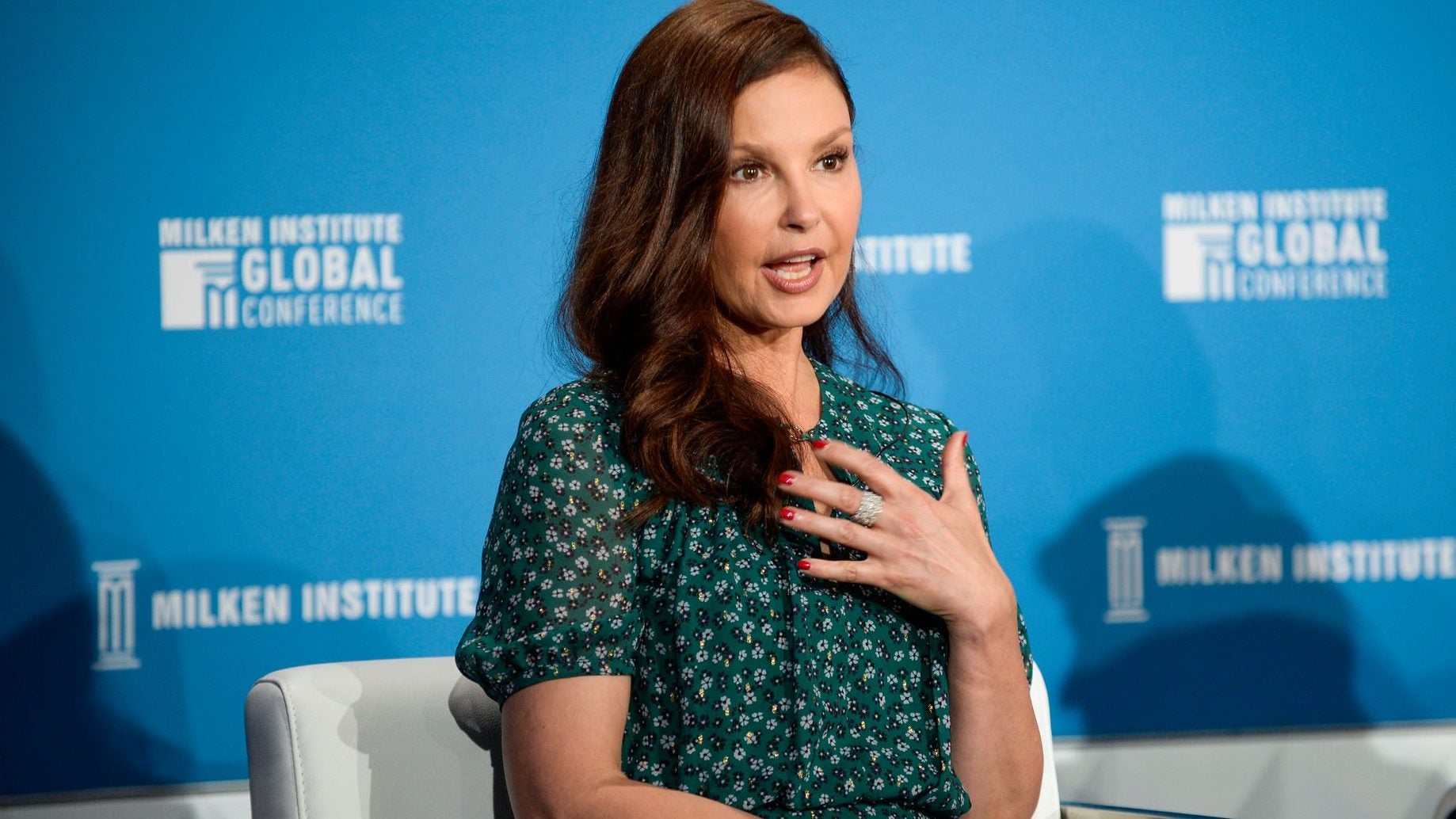Ashley Judd says everyone should know this acronym in the #MeToo era
Actor Ashley Judd, a prominent voice in the #MeToo movement and co-founder of #TimesUp, wants women and company leaders to learn a new acronym: DARVO.


Actor Ashley Judd, a prominent voice in the #MeToo movement and co-founder of #TimesUp, wants women and company leaders to learn a new acronym: DARVO.
It stands for “Deny, Attack, and Reverse Victim and Offender,” and was coined by Jennifer Freyd, a professor of psychology at University of Oregon, Judd noted at the Milken Institute Global Conference 2018 yesterday (April 30). On the same day, news broke that Judd is suing disgraced movie mogul Harvey Weinstein (paywall). In her lawsuit, she alleges that after she refused his sexual advances in the 1990s, Weinstein smeared her reputation—for example, telling directors that she was a nightmare to work with—thus severely damaging her career.
DARVO “turns the true victim—or the whistle blower— into an alleged offender,” Freyd explains on her website. “This occurs, for instance, when an actually guilty perpetrator assumes the role of ‘falsely accused’ and attacks the accuser’s credibility and blames the accuser of being the perpetrator of a false accusation.” The goal is to deflect the accusations and create uncertainty about the facts.
Judd appears to have been the subject to DARVO tactics employed by Weinstein. Last fall, he denied her allegations against him, using one of two common forms of denial, according to Freyd: “It didn’t happen.” (The other common form is “It wasn’t harmful.”)
Freyd has also used DARVO to describe US president Donald Trump’s response to sexual harassment accusations.
DARVO also exists on an organizational level. When a company or organization is complicit with the accused who employs the same strategy, it’s “institutional DARVO,” and what Freyd calls a form of betrayal.
Freyd, who trained at Stanford University, first introduced DARVO in a 1997 article. New studies supporting and defining DARVO through empirical research are still evolving, Freyd reports on her website. She has also detailed the tactic, and how to defend against it, in the book Blind to Betrayal (2013), which she co-authored. In it, she urges companies to “cherish the whistleblower.”
DARVO flourishes when institutions are too weak to prevent it, Judd said.
Freyd offers “lucid and practical” advice for employers on how to behave courageously to make employees safe from harassment and criminal acts, Judd said. They can turn to anonymous surveys developed by social scientists, for instance, and they can have the strength to acknowledge their own weaknesses.
“Individuals and companies are made up of individuals, and so you need to have the humility to be teachable,” she said. “You have to have the humility to say, ‘Okay that was wrong. How am I going to do better?’ And I may not have the solution inside of myself, I may need to turn to an ally and let someone instruct me as to how my company can be more responsible.”
Employers also have to ensure that offenders will not be let off the hook. “Making sure there is no impunity within an organization speaks volumes,” says Judd. “When a colleague sees another colleague have consequences both in terms of power and finances, that’s a significant deterrent.“